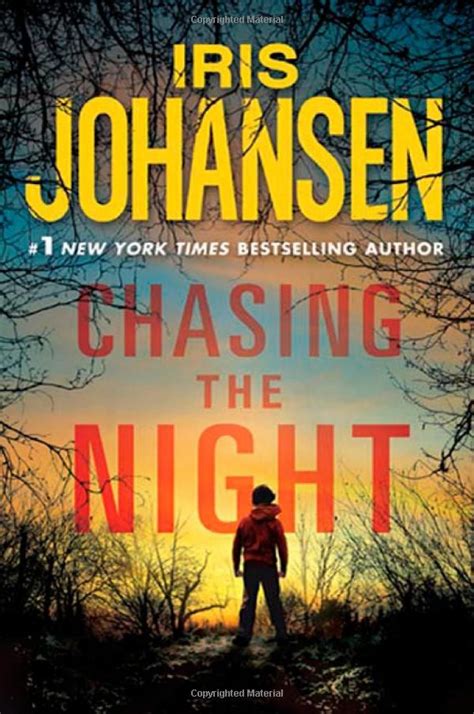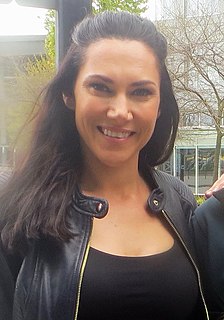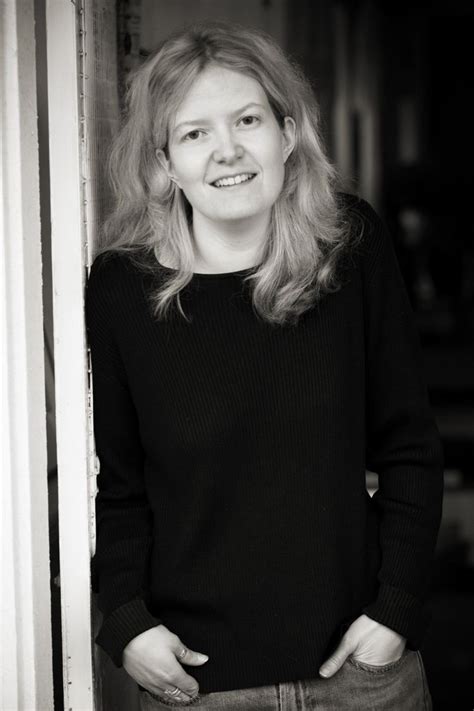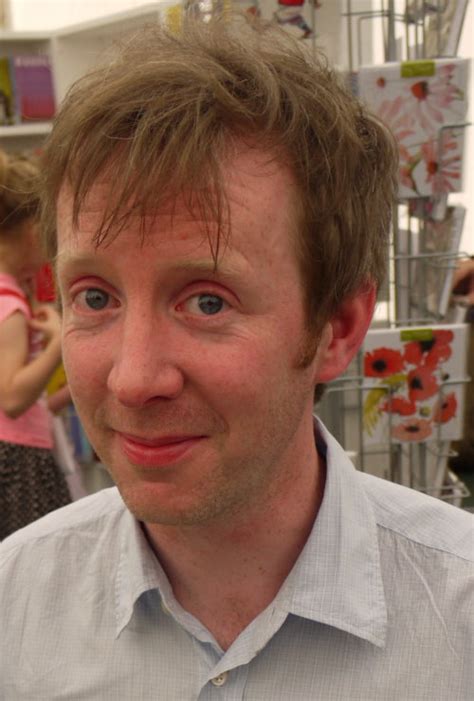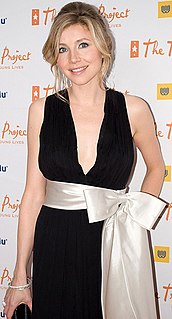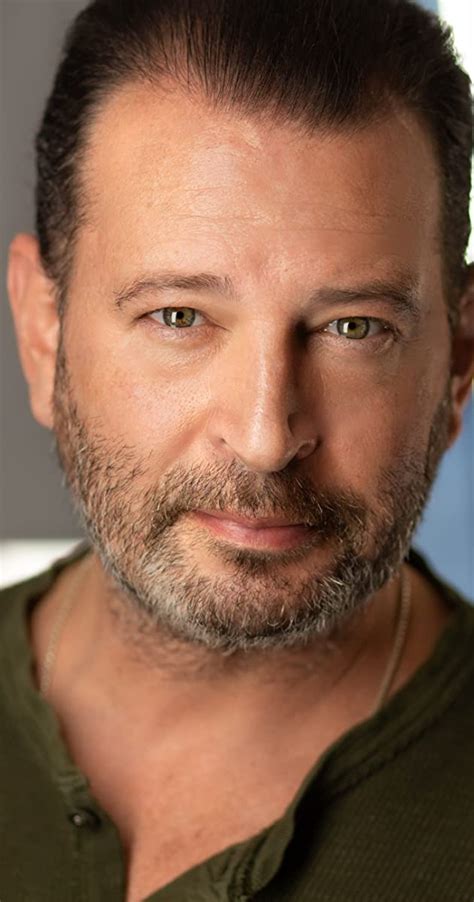A Quote by Alan Moore
When I'm putting a story together, I generally know the ending and a couple of the points halfway through, and I've got sort of an idea about the beginning, and although I do write the story one sentence at a time, when I'm thinking it up, I'm thinking it up all at once.
Related Quotes
Philosophy does provide me a structure and a way of thinking. Religion - like the religion I grew up with, Mormonism - also provides a way of thinking. And I think those two structures - one highly logical, the other anything but - are always part of my thought process as I'm putting together a story.
When a story or part of a story comes to me, I turn it over in my mind a long time before starting to write. I might make notes or take long drives or who knows what. By the time I give myself permission to write, I know certain things, though not everything. I know where the story is headed, and I know certain crucial points along the way.
You're in a movie, so you have to think about how something plays. It's not like you're thinking about how an audience is going to react. You're trying to present the story. You're trying to illuminate the lives of these people in the story. So I'm thinking about how my behavior as this character best illuminates what's going on with them in this moment in time. I always say it's sort of the director's job. People think that the directors direct actors. No. Really, what the director's doing is directing the audience's eye through the film.
But in the beginning, when you're looking at this and you're thinking about it, the CDC gets brought up to this place to deal with this virus and it's something that they've never seen. That, in itself, is quite frightening in a story because real-life epidemics are something that happen, all the time. I think there were just a couple of reported cases this last week in Vancouver of some people passing away with H1N1.
I couldn't have articulated this process at the time; I just sort of did it instinctually. But now when I talk about this with my students all the time, it's one of the first things I address in memoir classes - that you have to put it all in because you're writing your way into the ending of your own story. Even if you think you know what the story is, you don't until you write it. If you start leaving things out you could leave out vital organs and not know it.
Because I come from the theater, I use the images of the theater and of movies a great deal when I write. I see the story in my head. I have to break down the outline of a story first. I have to know where I'm going. Usually I have a good beginning and a good ending, and then I think, "Now I have to find my way through it."
Maybe instead of strings it's stories things are made of, an infinite number of tiny vibrating stories; once upon a time they all were part of one big giant superstory, except it got broken up into a jillion different pieces, that's why no story on its own makes any sense, and so what you have to do in a life is try and weave it back together, my story into your story, our stories into all the other people's we know, until you've got something that to God or whoever might look like a letter, or even a whole word.
When I set out to write a screenplay, I have in my mind a beginning and an end but that end part continually changes as I start to write the middle. That way by the time the screenplay is finished I have taken myself and my audience from a familiar beginning point through the story to an unfamiliar ending point.

